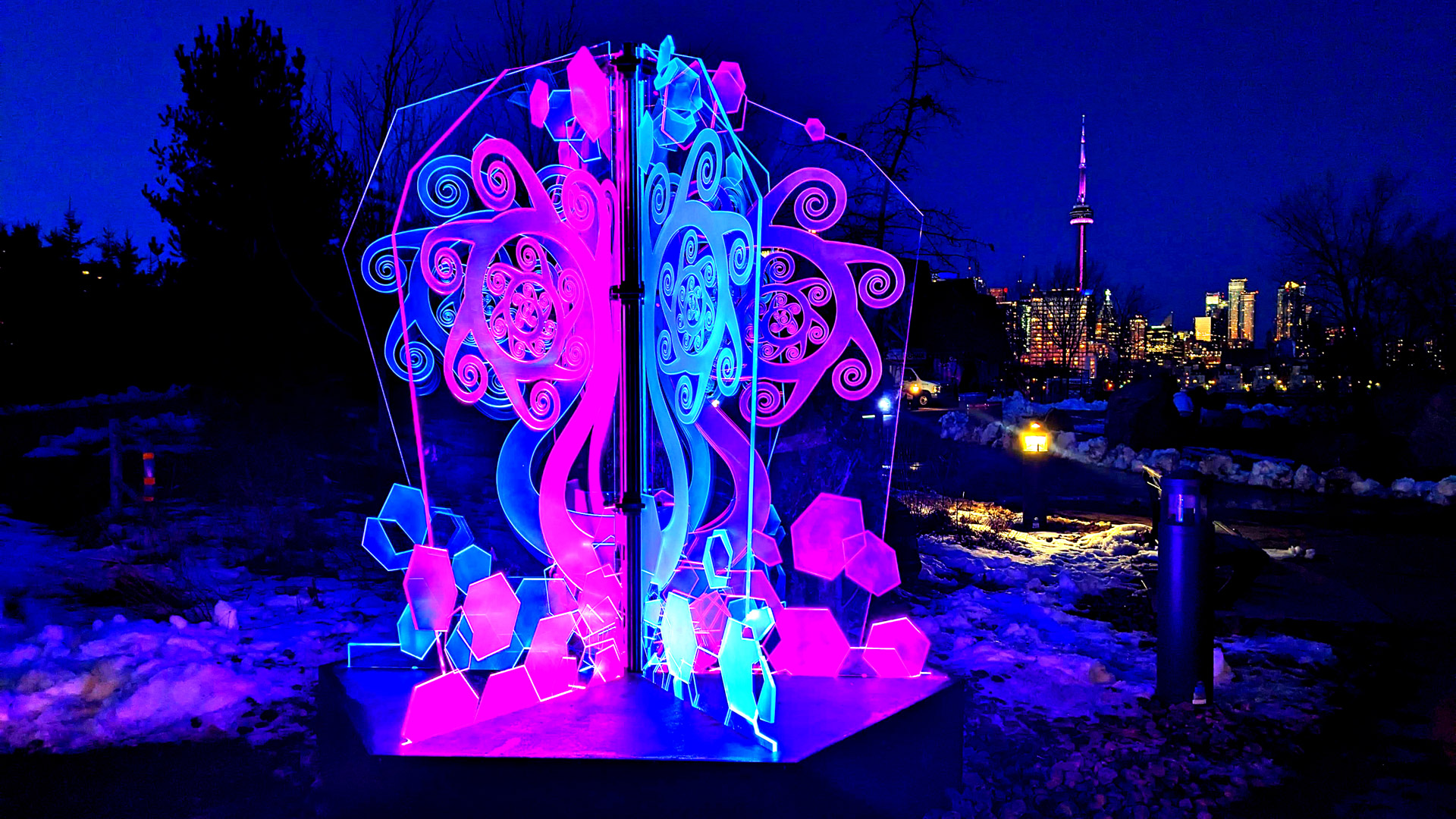Community, Leadership, Experimentation, Diversity, & Education
Pittsburgh Arts, Regional Theatre, New Work, Producing, Copyright, Labor Unions,
New Products, Coping Skills, J-O-Bs...
Theatre industry news, University & School of Drama Announcements, plus occasional course support for
Carnegie Mellon School of Drama Faculty, Staff, Students, and Alumni.
CMU School of Drama
Wednesday, April 09, 2025
Squishy Tech: DMX Lighting for Makers
Make:: DMX stands for Digital Multiplex. It was invented in 1986 as an easy way to control lots of theater lights. DMX is really useful because it’s a very simple protocol that lets you command a large number of elements with a single controller. Lots of off-the-shelf DMX lights are really made to light big things: like a stage, building, or sculpture. Using devices that are controlled through DMX can really make your work feel more professional.
Subscribe to:
Post Comments (Atom)

2 comments:
I was first introduced to DMX in high school theatre working on the lighting crew for our production of the Little Mermaid. I was chosen to be the light board operator and had to help on the lighting crew during build. I didn’t know what DMX was at all and it was all super confusing. Through my years in high school I was slowly able to learn more and more about DMX, how it worked, and what it was used for. I was super fascinated by how much power it had and what it was built to do. Now in college, I have learned even more about programming and patching. Reading this article was super cool because it reaffirmed that I have learned more than I thought over the years and can see how that has payed off now. I am excited to learn more about DMX and all that you can do with in while in college.
Lighting has become something larger than theater especially with concerts and live entertainment. The increase in lighting outlets have inspired large pieces of insulation art as seen in this article and I love learning how it's all possible. Every day I see the Paush Bridge and remark on the lighting of the day. Being able to easily change a key aspect of architecture allows for a completely new look at the blink of an eye. This article outlines both the common simple DMX set up and how to begin innovating and developing an ever changing piece of art. Using a lighting shift can completely change the message and ideas behind a piece allowing for innovation without wasting too many materials. Lights can be reused from piece to piece as well allowing for an eco friendly approach to new innovative art. Overall using light in a traditional art setting allows for ever changing pieces and this article sets you down that path.
Post a Comment